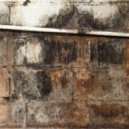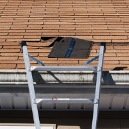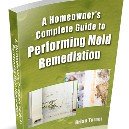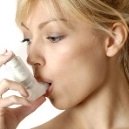Find a pre-screened local mold removal specialist Free Estimate
Find a Mold Specialist Now
Click or Call, Toll-Free 24/7
What is Black Mold?
When the topic of mold comes up, one of the first questions that people usually ask is: what is black mold? Many people know that they don't want mold in their home, but they don't realize the serious dangers of black mold health problems that can occur. It is a good idea to monitor your home to make sure that there is no mold growing, especially if you live in a warm humid environment.
Mold thrives in areas that are moist and warm. Sometimes the mold growth can begin after an area has been wet, and it never dried completely. For example, if a basement is flooded and the carpet is never pulled up to allow the carpet and the padding to dry completely, then mold may start to grow under the carpet. Common places for mold to grow include the bathroom, basement, or any area that may be exposed to moisture from a leak, such as under the sink, in the attic, or under a waterbed.
What is Black Mold Made of?
To put it simply, black mold is a living organism that is microscopic. One mold spore is so small that it is not visible to the naked eye, which means that it may be in your home and you won't even know it. If you can visibly see that there is a mold problem, then mold has probably been present for quite awhile because it has grown and spread to an area large enough to be visible.
Mold usually grows on porous types of materials such as drywall, wood, carpet, and fabrics. Mold must have the right types of conditions to grow. Usually, some type of water damage needed to occur and the area stayed wet for a long enough period of time (i.e. more than 48 hours). People who live in humid environments are more likely to have a mold problem, because mold thrives in more humid areas.
What are Black Mold Health Problems
It is very important to keep mold out of your home in order to avoid black mold health problems. When mold spores are present, they quickly multiply and spread, and exposure to the spores can cause severe health concerns. In the beginning, the symptoms may start out small, but they will get progressively worse with more exposure over time.
Typical black mold health symptoms include red itchy eyes, sore throat, coughing, runny nose, congestion, skin rashes and asthma like symptoms. If mold is causing these problems they will continue to get worse and not better. For more information about the symptoms of black mold exposure, follow the link.
It is best to avoid mold exposure by preventing mold growth in the first place. If any area has become wet, then you should clean it up as soon as possible and completely dry the area. Mold can't grow in a dry environment, so quickly cleaning up the mess and drying the area will help to prevent mold growth.
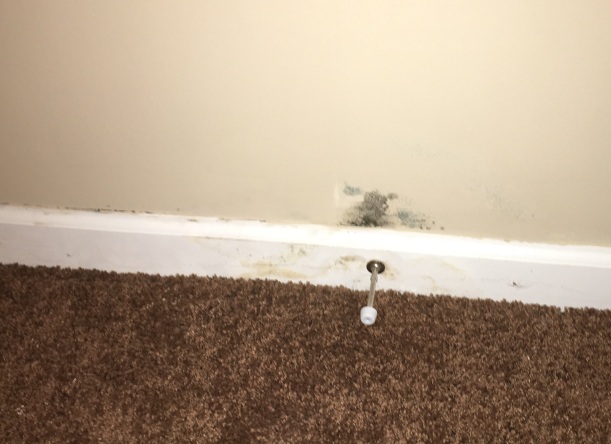 Black mold on wall
Black mold on wallHowever, if
mold growth has already started, then it is best to talk with a professional
who knows how to safely clean it up. If you can visibly see mold, that means
that the problem is bad enough that an experienced mold remediation specialist
should be consulted. If you can't see the mold but are having health problems, then you need a professional black mold inspection of your property to find all of the "hidden mold."
Mold removal specialists have special training on how to properly clean up areas that have been contaminated with mold. These specialists understand the serious health effects that can occur from mold exposure, and they have specialized equipment and techniques to make sure all of the mold is removed and that it doesn’t spread to other parts of your home during the removal process. Most removal specialists will come to your home and give a free inspection and evaluation, so even if you are thinking of doing the cleanup yourself you can get some free valuable advice from an expert. You can get a list of mold removal specialists that give free home inspections in your area here.
After the mold has been removed, the home should be tested to confirm that all traces of the mold were successfully removed. The test should be done by someone other than the remediation company. For a list of trained and licensed mold testers in your area, follow the link. If any mold removal specialist tells you that a final test is not necessary, then you don’t want to use them.
Additional Reading:
Removing Black Mold - Additional information on how to safely remove black mold.
How To Kill Black Mold - Steps for cleaning black mold, making sure it doesn't return.
Black Mold in Refrigerator - How to safely remove mold from the refrigerator, and prevent it from returning.
Return From What Is Black Mold To Home Page
Resources:
CDC: Black Mold
American Phytopathological Society: Stachybotrys Chartarum
Free Home Inspection By A Mold Removal Specialist
Search This Website
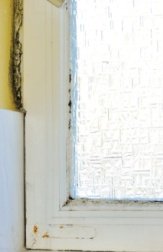 Black mold around window
Black mold around window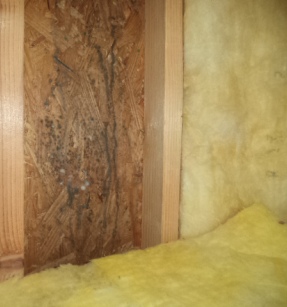 Black mold on attic wall
Black mold on attic wallRecent Articles
-
See Our 5 Recommended Mold Removal Companies in Wheaton, IL
Jun 20, 24 10:33 AM
-
See Our 5 Recommended Mold Removal Companies in Aberdeen, SD
Oct 08, 21 04:05 PM
-
Public Housing Tenant Sick from Mold
Apr 24, 20 01:40 PM
